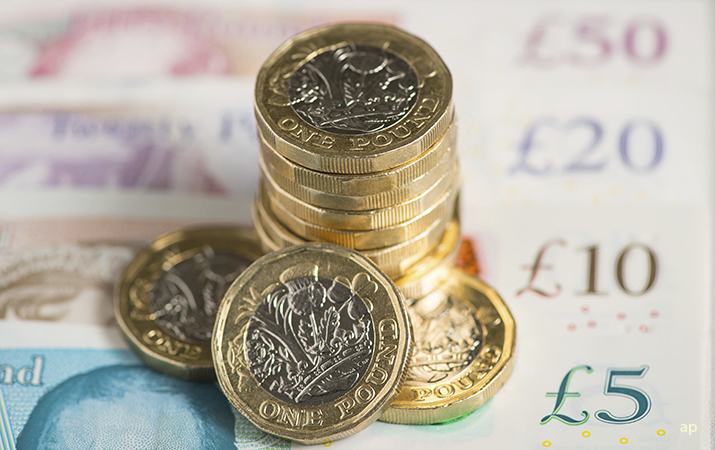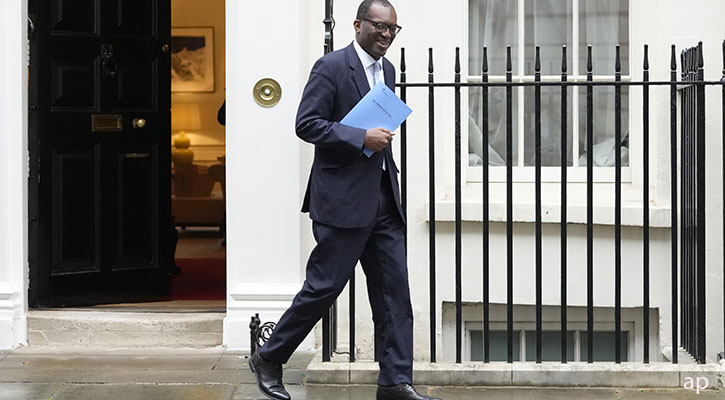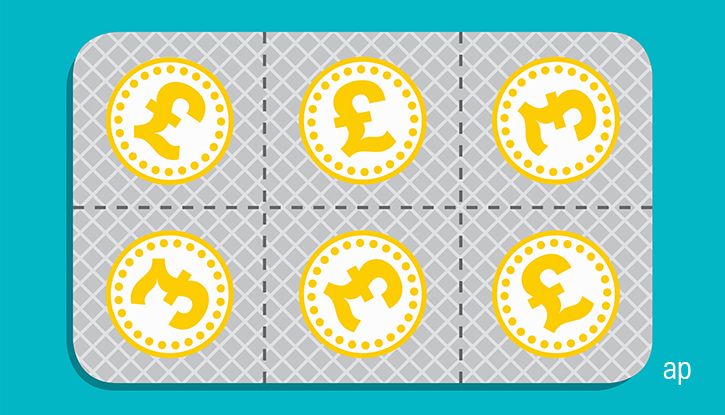
Sterling briefly fell to a record low against the dollar in the early hours of this morning, hitting $1.0349, before recovering to $1.08. This sense of crisis picks up where markets left off on Friday after the “growth plan 2022” which sent the pound falling and gilt yields soaring.
The pound also fell sharply against the euro, to €1.09 before recovering to €1.11. A month ago sterling was trading a €1.18.
"The pound has continued its disorderly fall today. Since a U-turn on freshly-announced fiscal measures seems unlikely just yet, many are calling for more significant tightening by the Bank of England. However, an FX-related hike may prove unsuccessful. Cable may soon hit parity," analysts at ING commented, referring to the pound-dollar rate.
Sterling has struggled since UK chancellor Kwasi Kwarteng announced a series of tax cuts and spending plans in a 'fiscal event' on Friday. Kwarteng failed to win the market's confidence, however. Rumours are stalking the markets that the Bank of England is preparing an emergency rate rise to shore up confidence in the currency – after last week’s MPC meeting, there’s no scheduled interest rate decision until November. Higher interest rates encourage overseas investors into sterling assets because of their more attractive yields.
UK government bond yields took another leg up on Monday morning, the five-year gilt is now at 4.49%, and the 10-year yield is 4.13%.
More Tax Cuts Coming?
The UK chancellor hinted more tax cuts will follow those he announced last week.
“Comments by Chancellor Kwasi Kwarteng that he will go even further with historic tax cuts, which are already being criticised as reckless, have added to the anxiety. The worry is that not only will borrowing balloon to eye watering levels, but that the fires of inflation will be fanned further by this tax giveaway, which offers higher earners the bigger tax break,” says Susannah Streeter, senior investment and markets analyst, Hargreaves Lansdown.
Kwarteng, who has launched a review of all tax rates ahead of a formal budget, is reportedly considering abolishing a charge for parents who earn more than £50,000 and claim child benefit, increasing the annual allowances on pension pots, and a tax break for people who stay at home to care for children or loved ones.





























